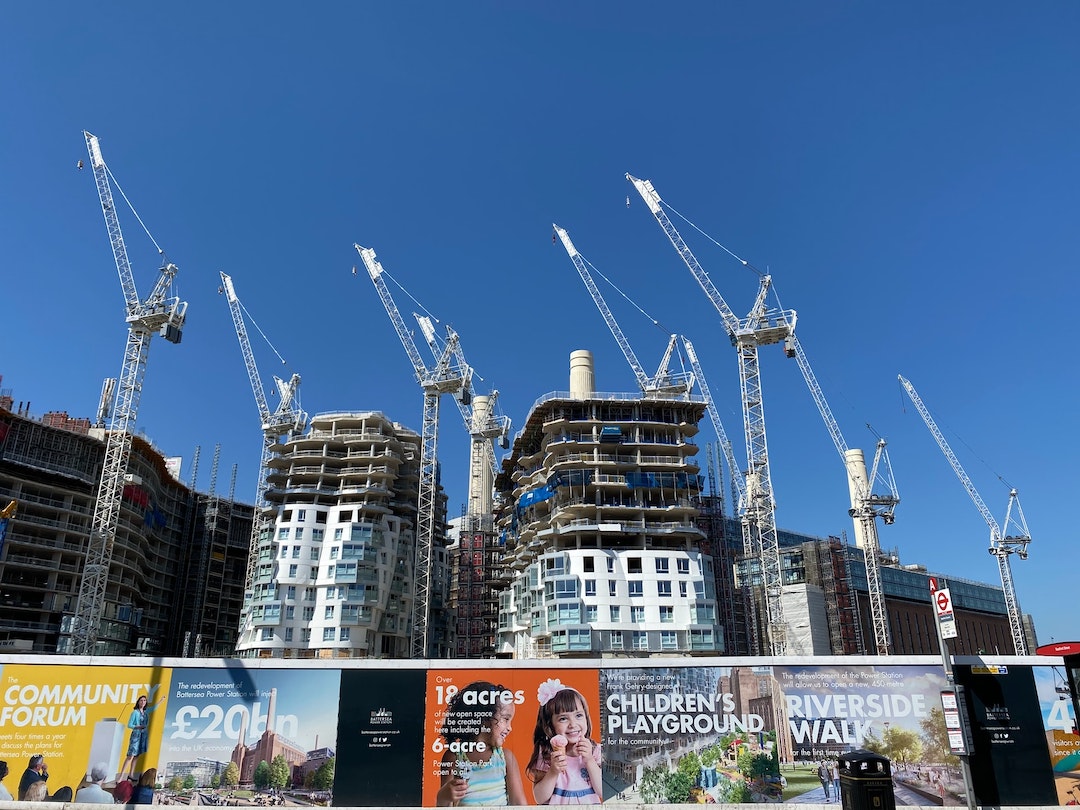In 2020, the world witnessed what happens when a global risk becomes reality. Confirmed cases of COVID-19 have now passed 95 million globally, with more than 2 million deaths. Millions more face the economic effects of the pandemic, with the world’s most vulnerable facing the worst consequences.
Yet the pandemic – devastating in itself – also exacerbated some challenges while distracting from others. In the short-term, COVID-19 deepens some clear and present dangers: livelihood crises, eroding social cohesion and diminishing global trust. Longer-term, existential challenges persist, including adapting to and mitigating the effects of climate change, reining in geopolitical conflicts, and managing both digital divides as well as the effects of accelerated technology advancement.
Despite the remarkable pace of vaccine development and production, the COVID-19 pandemic makes clear that purely reactive strategies to long-standing risks are insufficient. With greater national preparation and international coordination, some of the worst impacts of the pandemic could have been avoided. It is now clear that there are myriad ways in which global risks can destabilize countries and communities. This is both a challenge and an opportunity. While the risk landscape is more ominous than it was a year ago, there is also greater momentum to build a more inclusive and sustainable society – and one more prepared to confront global risks.
Tackling income inequality and jobs crises
Segments of society that were already at risk of being left behind before the pandemic are now most likely to miss out on the recovery. According to the World Economic Forum’s latest Global Risks Report 2021, a survey of more than 650 experts, policymakers, and industry leaders, “infectious diseases” tops the list of short-term critical threats to the world, followed by “livelihood crises.” As the pandemic’s shockwaves continue to reverberate through workforces and businesses and markets adapt to a shifting economy, new inequalities will arise. Alarmingly, the global recession is expected to force as many as 150 million more people into extreme poverty. Managing these risks must be at the top of leaders’ agendas.

Supporting a scarred generation
While all generations have been affected by the crisis, youth face exceptional risks with new barriers to education and social mobility, as well as mental health strain. Indeed, 51% of youth from 112 countries believe their education progress has been delayed due to the pandemic. Women, too, have been hard-hit by COVID-19’s impacts, with 70% of working women across nine of the world’s largest economies believing their careers will be slowed by the pandemic’s disruption. Supporting “pandemials” and ensuring a gender-equal recovery will be integral to building fairness into the post-pandemic economy. Concurrently, education systems must adapt immediately to the needs of learners in a digital future.
Deploying technology for the common good
Inequalities will only deepen if digital gaps are not addressed in the near-term. From automated work and algorithmic biases to a lack of access to the internet and large-scale disinformation campaigns driving polarization, digital divides come in many forms. The COVID-19 pandemic has accelerated the pace of automation, with half of all employees requiring reskilling by 2025 as more than 85 million jobs are displaced. Governments and business need to work together, investing in reskilling and upskilling programmes to provide students and workers with the tools they need for rapidly shifting labour markets. In the workplace, emerging technology can help reduce bias from recruitment processes, diversify talent pools, and benchmark diversity and inclusion across organizations.
Protecting the planet
Environmental risks including “extreme weather” and “climate action failure” topped the list of risks in terms of likelihood and impact over the next ten years in the World Economic Forum’s annual Global Risks Report. While 2020 saw a dip in global emissions due to economic shutdowns, collective efforts are required to prevent a bounce back to prior levels (as occurred after the 2008-2009 Financial Crisis when emissions dropped as well). There is no vaccine for a deteriorating planet; instead, leaders must focus on protecting the environment and creating market-based solutions for greener and fairer outcomes.
Laying the foundations of a new economy.
While no nation has emerged unscathed from the pandemic, countries with advanced digital economies and digital skills, robust social safety nets and previous experience dealing with epidemics have better managed the impact of the pandemic on their economies and citizens. As the recovery takes shape, a new toolbox of macroeconomic targets beyond GDP growth is required to shape economic development in a direction that considers the planet, people, and institutions. Countries like New Zealand lead the way in implementing these targets.
Strengthening cooperation, trust and preparedness
Societal, technological and environmental challenges arising from the pandemic risk further eroding cohesion and trust. Governments and business have a role to play in helping to mend these social fractures and earn back trust in institutions. Lessons learned from the pandemic response can help inform solutions to 2021’s greatest challenges.
There are four governance opportunities to help strengthen the resilience of countries, businesses and the international community. The first is formulating analytical frameworks that take a system-based view of risks and their impacts. It is not enough to create frameworks and shelve them for later use: they must be constantly tested and challenged to unearth potential cascading effects and blind spots. Second, governments must invest in high-profile “risk champions.” These stakeholders should encourage innovative thinking and act as liaisons between experts and decision-makers. The third opportunity is in risk communications – and, specifically, combating misinformation. More can be done at both community and government levels to understand and tackle its spread. Finally, exploring new forms of public-private partnership on risk preparedness can help maximize efficiencies and expedite recovery.
The lessons from 2020 must not only help societies confront the next pandemic, but also enhance the processes, capacities, and culture for galvanizing efforts around all other major global risks.
Republished from the World Economic Forum










